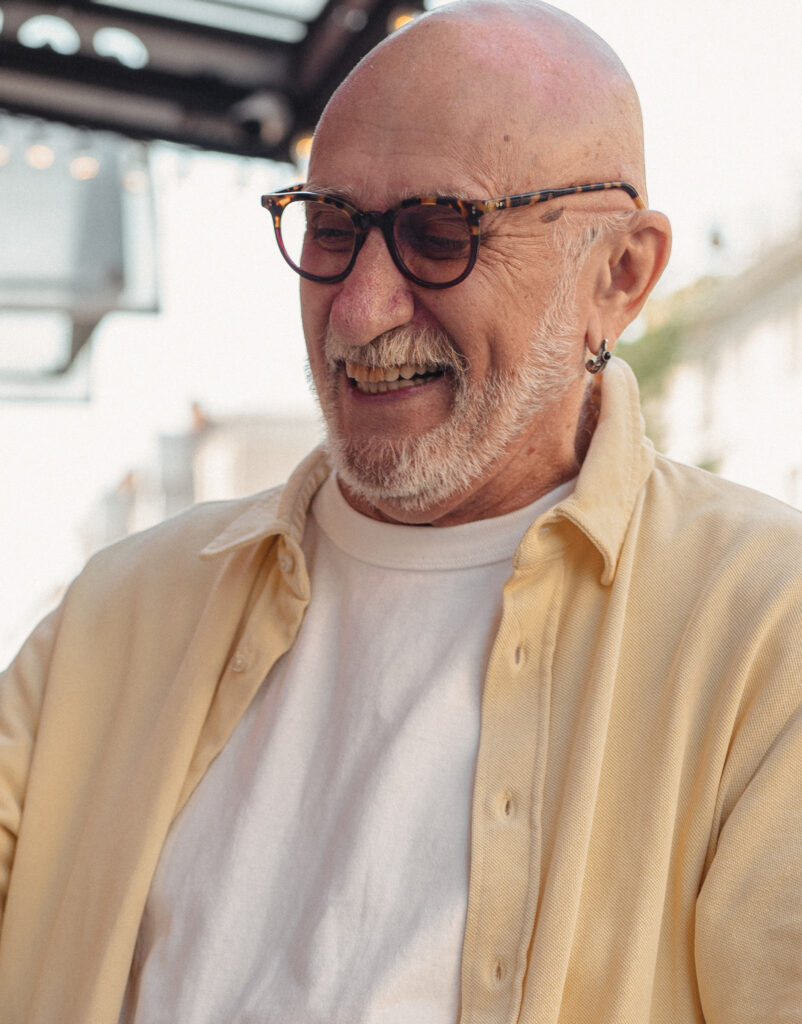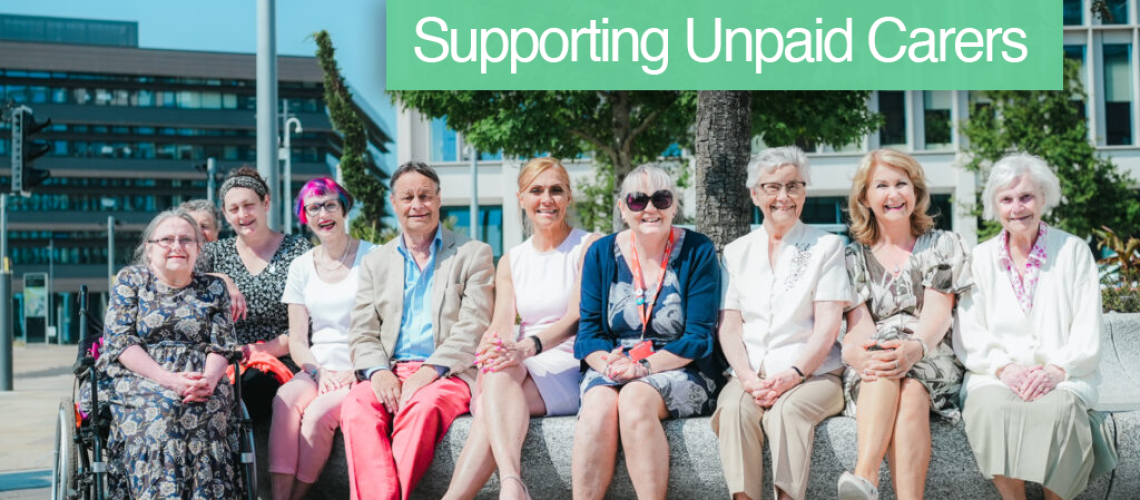Supporting Unpaid Carers through Technology : Neil's Story
NEIL’S STORY
Tendertec has worked with the Connected Places Catapult and the University of Brighton to understand how we can support unpaid carers and help them build resilience in the caregiving role through technology.
THE CHALLENGE
Today there are over 11 million people aged 65 and over in the UK. In 10 years’ time, this will have increased to 13 million people. And, with the population ageing rapidly, the number of people at risk is growing at an alarming rate. As a result, it is expected that the need for care at home will increase.
Carers UK estimates that there are 11.5 million people across the UK who give unpaid support to someone who is elderly, seriously ill or disabled. By doing so, unpaid carers are saving the Government £193 billion a year.
Many carers don’t see themselves as carers and it can often take them time to acknowledge their role as a carer. Recent research has shown that several carers reported feeling out of control in their daily life, lonely and detached from society and want support for their own issues.
SUPPORTING CARERS IS VITAL TO CREATING A FAIR SOCIETY
Through the Connected Catapult’s Homes for Healthy Ageing programme, Tendertec set out to test its care support platform, Hestia, in real life home settings with unpaid carers at the Brighton and Hove council area. We have sought to understand how Hestia can support unpaid carers and enable them to build resilience in their caregiving role.
A snapshot of demand for adult social care in 2018/19 indicated that there are over 23,000 unpaid carers in Brighton & Hove. Nearly 2,000 of them maintained their caring role while also leading a life outside of their caring responsibilities.
Along with the University of Brighton and the Connected Places Catapult, we worked with unpaid carers to shed a light on their lives, their concerns and struggles.
Dr. Theo Fotis, Reader at the School of Sport & Health Sciences, University of Brighton, said, “Whilst we know from existing research, the benefits of digital health technologies for patients and health professionals, evidence regarding other sectors i.e social care or in the society in general are scarce. This collaborative project demonstrated that technology could serve also as a compassionate ally, empowering unpaid carers like Neil to strengthen their resilience and navigate the challenges of caregiving with newfound support.”

MEET NEIL
"I'm just trying to avoid getting ill myself which is the worst case scenario.".
HOW HESTIA SUPPORTS UNPAID CARERS
Tendertec’s Hestia is an AI care decision support platform using machine learning and heat sensing to perform 24/7 hidden risks audit of missed hazards and early symptoms, without wearables and without needing any interaction from elders.
Hestia’s unique prevention and care insights help carers identify hidden risks at home and give them reassurance that their loved one is keeping well and safe by:
allowing carers to connect and check-in anytime & anywhere,
receive alerts and reconstruct missed incidents to understand why and how they happened,
flag risk behaviours even when they are not present.
Over the 12 week testing at the testbed in the Brighton and Hove area, Hestia delivered new insights that can support the mapping of unpaid carers’ valuable contribution as well as the impact that caring has on their lives and wellbeing.
NEIL’S EXPERIENCE
Supporting carers in identifying hidden risks
There is no doubt that all carers need support to enable them to provide better care to their loved ones while at the same time looking after their own health and mental wellbeing. For Neil, being able to have some time to exercise, or get out of the house to do activities he used to without guilt is something that would improve his wellbeing.
As Neil mentioned, “I’m just trying to avoid getting ill myself which is the worst case scenario.“
According to Carers UK, 23% of carers reported that available services not meeting their needs is a barrier to accessing support. Many carers feel that they do not receive good quality support from services. Some feel that services are often short-staffed due to sickness or problems with staff retention, therefore there is inconsistency in the support provided. While others feel that organisations do not provide compassionate or sensitive care.
Long waiting lists in the NHS and concerns surrounding the quality of support adds even more stress and impact negatively the wellbeing of unpaid carers. Carers report that they are losing trust in the social and health care system. They feel uncertain about how they can cope with the burden of caring, costs of living crisis and this is affecting more and more their mental and physical health.
"I'd really like a product that can help me understand what the risks are, or tell me what might have really happened... it really helped me feel more confident."
Better overall mental wellbeing
Effective communication & improved care delivery
“Hestia provided me, as a carer, with a unique insight into potential danger points around our home and the times of day when incidents were most likely."

Hestia is here to support carers in their caring journey.
If you would like to find out more about how Hestia can support you and your loved one, visit: https://tendertec.org/unpaid-carers/

